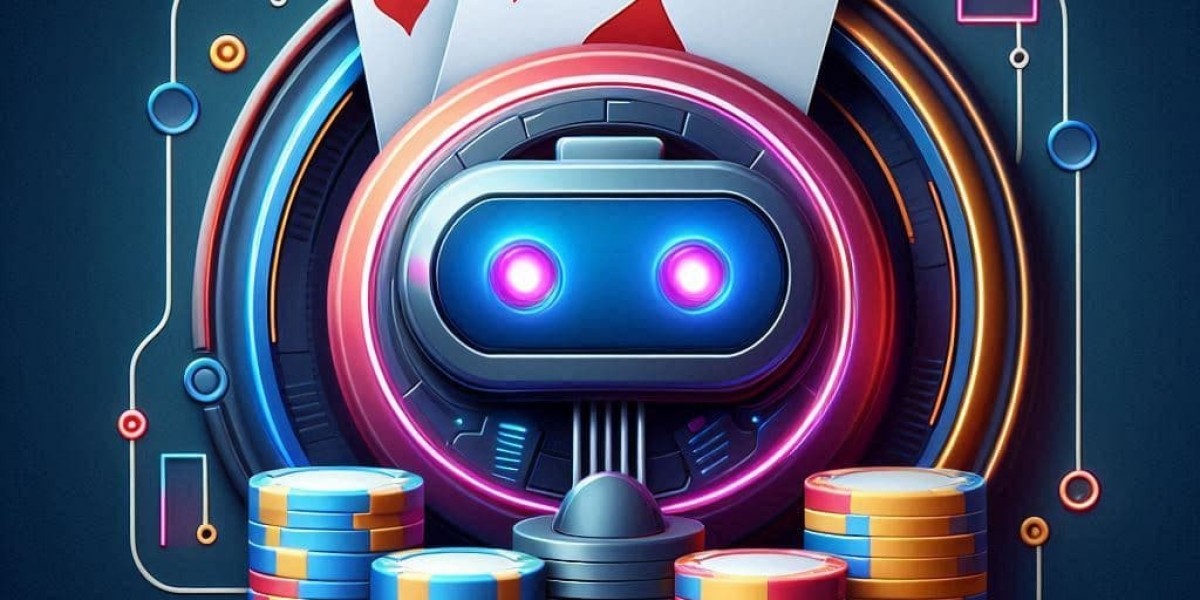From studying hand histories to analyzing opponent tendencies, the game has become as much about strategy and data as it is about instinct and experience. One of the most exciting developments in this space is the emergence of smart poker bots—specifically, those that incorporate fold equity logic into their decision-making process.
Fold equity is a concept that seasoned players understand well. It refers to the value a player gains from the possibility that their opponent will fold to a bet or raise. In other words, it's the potential profit from making a move that doesn't require a showdown. This subtle yet powerful idea has now found its way into the world of AI-powered poker bots, giving rise to tools that can not only play the game but also think several steps ahead.
At the heart of this innovation is a new generation of bots that simulate human-like reasoning. These bots don’t just rely on brute-force calculations or pre-programmed responses. Instead, they evaluate each hand in real time, considering factors like position, stack sizes, betting patterns, and of course, fold equity. By doing so, they can make nuanced decisions that mirror the strategies of high-level human players.
One such example can be found at https://aifarm-bots.com, a site that offers advanced poker bots designed to adapt to various playing styles and table dynamics. What sets their bots apart is the integration of fold equity logic into their core algorithms. This allows the bot to recognize when a well-timed bluff or semi-bluff could force an opponent to fold, thereby winning the pot without needing the best hand.
The implications of this are significant. For casual players, it means the opportunity to learn from a bot that plays with a strategic mindset. For more serious grinders, it offers a tool that can help test theories, refine tactics, and even assist in multi-tabling scenarios. And for developers and researchers, it opens up new avenues for exploring how artificial intelligence can mimic and even enhance human decision-making in complex environments.
Of course, with great power comes great responsibility. The use of poker bots in real-money games is a controversial topic, and many platforms have strict rules against them. However, when used ethically—for training, simulation, or entertainment—these bots represent a fascinating intersection between technology and game theory.
In conclusion, the integration of fold equity logic into smart poker bots marks a significant step forward in the evolution of poker AI. By combining strategic depth with real-time adaptability, these bots offer a glimpse into the future of competitive play—one where machines don’t just play the game, but understand it on a deeper level.






